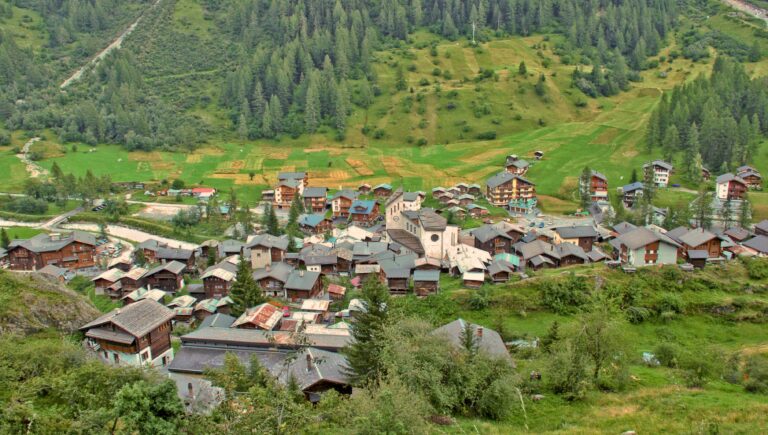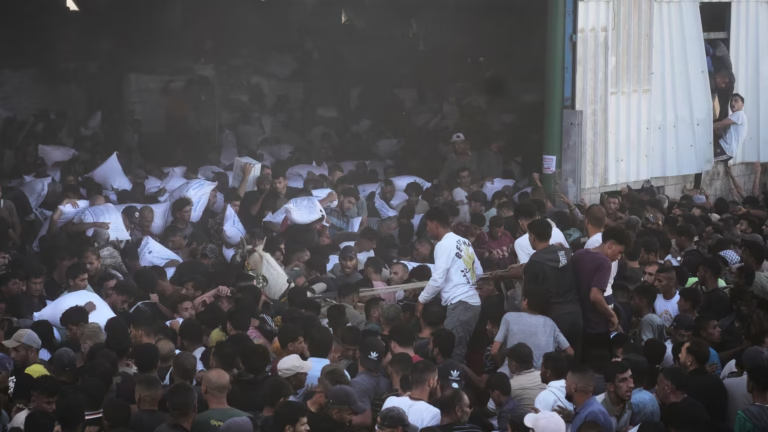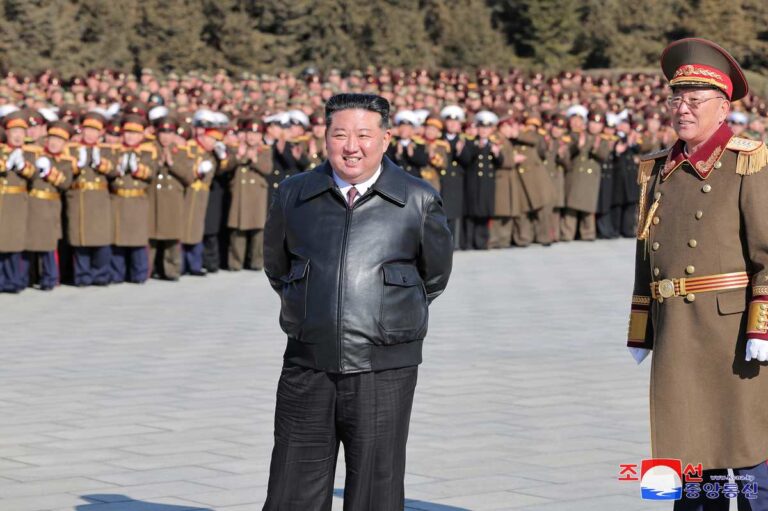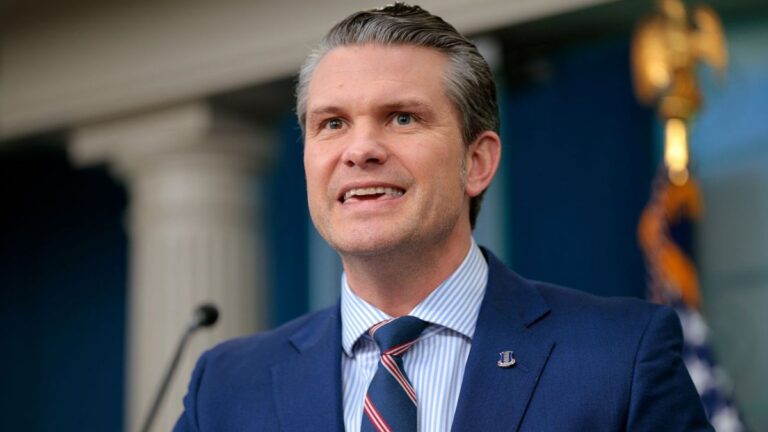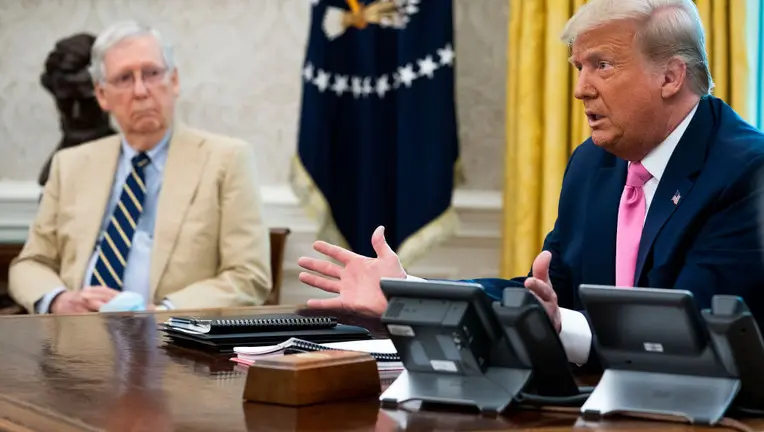
Imagine a world leader suddenly stepping into one of the world’s most dangerous disputes. That’s exactly what happened when US President Donald Trump offered to mediate the long-standing conflict over Kashmir between India and Pakistan. This unexpected move has not only created a buzz internationally but has also put India in a very uncomfortable position, sparking fresh debates and diplomatic headaches. Let’s break down why Trump’s mediation offer on Kashmir has become such a hot topic and what it means for India, Pakistan, and the region.
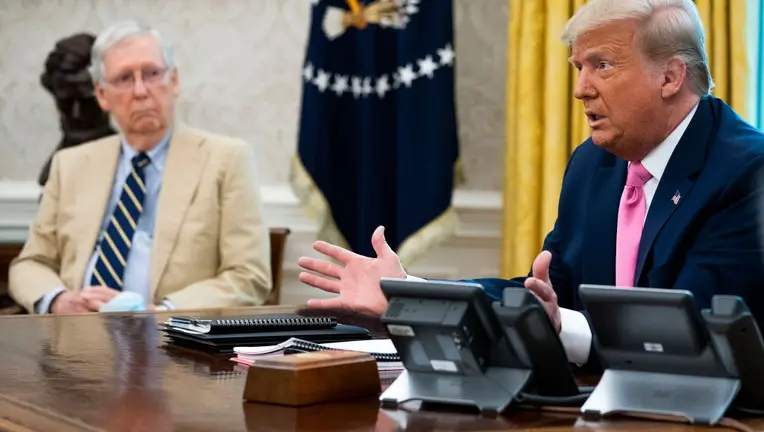
What Is the Kashmir Conflict?
To understand why Trump’s offer is so controversial, it’s important to know what the Kashmir conflict is all about. Kashmir is a beautiful region in the Himalayas, but it has been the center of a bitter dispute between India and Pakistan since 1947. Both countries claim the entire territory, but each controls only parts of it. Over the years, this dispute has led to several wars and countless skirmishes, making it one of the world’s most dangerous flashpoints345.
Recently, tensions soared after a deadly attack in Pahalgam, Indian-administered Kashmir, killed 26 civilians. India blamed Pakistan for supporting the attackers, while Pakistan denied any involvement. This led to military strikes, cross-border firing, and a rapid escalation in hostilities34.
Trump’s Surprise Mediation Offer
As the situation grew more dangerous, President Trump stepped in. Using social media, he announced that India and Pakistan had agreed to a “full and immediate ceasefire,” which he claimed was facilitated by the United States. He then went a step further, saying he would work with both countries to find a “solution” for Kashmir, a conflict that has lasted for more than seven decades610.
For decades, India has strongly opposed any third-party involvement in the Kashmir issue. The Indian government insists that all talks about Kashmir must be held directly between India and Pakistan, with no outside help. This is based on the 1972 Simla Agreement, which says that both countries will resolve their differences through bilateral talks613.
Why Did Trump’s Offer Upset India?
Trump’s offer immediately put India in a tight spot for several reasons:
- Violation of India’s Policy: India has always rejected outside mediation on Kashmir. The government quickly denied that Prime Minister Modi ever asked Trump for help, repeating that Kashmir is an internal matter and should only be discussed directly with Pakistan6813.
- Fear of Internationalization: Many Indians see Trump’s offer as an attempt to “internationalize” the Kashmir dispute, which India wants to avoid at all costs. Allowing outside countries to get involved could weaken India’s position and invite more foreign pressure26.
- Political Backlash: The main opposition party in India demanded clarification from the government and called for an all-party meeting. There was widespread outrage on social media and in the press, with many people seeing Trump’s move as interference in India’s sovereignty126.
How Did Pakistan React?
In contrast to India, Pakistan welcomed Trump’s offer. The Pakistani government thanked the US president for his willingness to help resolve the Kashmir issue, which Pakistan sees as a major cause of instability in the region71013. For Pakistan, international involvement is seen as a way to put pressure on India and gain more attention for its side of the story.
The Bigger Picture: Why Is Kashmir So Sensitive?
Kashmir is not just a border dispute. It’s about national identity, security, and the lives of millions of people. Both India and Pakistan are nuclear-armed countries, and any escalation in Kashmir risks a much larger conflict49. The region has seen decades of violence, military crackdowns, and human rights concerns. For India, keeping control over Kashmir is a matter of national pride and security. For Pakistan, supporting Kashmiris is a core part of its foreign policy3412.
What Are the Risks of Third-Party Mediation?
- Undermining Bilateral Talks: India fears that involving outsiders could make direct talks with Pakistan less likely to succeed. Past agreements have always emphasized bilateral solutions613.
- Setting a Precedent: If one country accepts mediation on Kashmir, it might be pressured to accept outside help on other sensitive issues in the future.
- Internal Politics: Accepting mediation could be seen as a sign of weakness by the Indian public and political parties, making it risky for any government to agree.
What Happens Next?
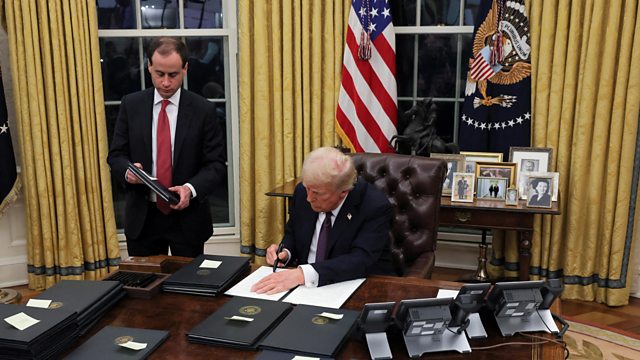
After Trump’s statements, the Indian government quickly reaffirmed its position: no third-party mediation, and no talks unless Pakistan stops supporting cross-border terrorism13. The US, meanwhile, continues to urge both countries to keep the peace and avoid further escalation. The fragile ceasefire along the border is holding for now, but the situation remains tense710.
Why Is This a Big Deal for the World?
The Kashmir conflict is not just a local issue. It affects regional stability, global security, and even international trade. With both countries having nuclear weapons, any miscalculation could have disastrous consequences for millions of people49. That’s why world leaders, including those from the US and China, often call for calm and dialogue whenever tensions rise in Kashmir
